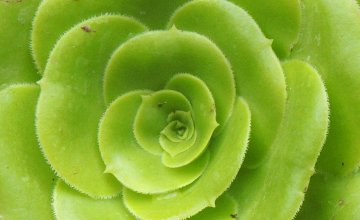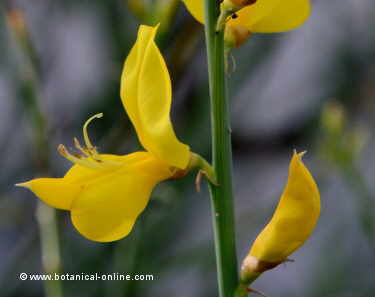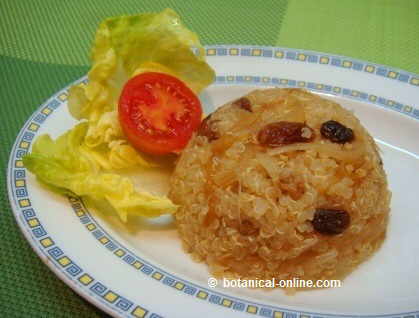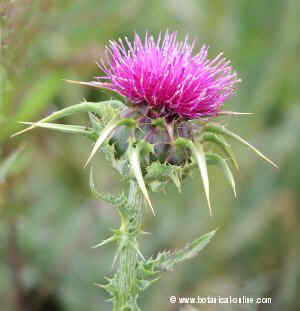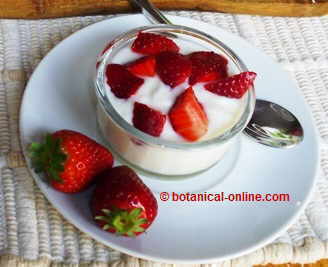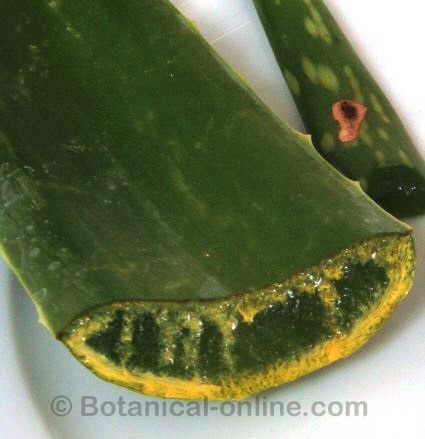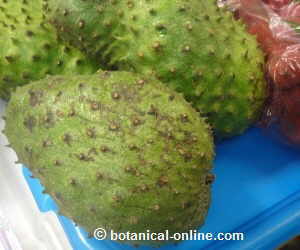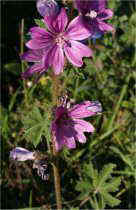Contents
Kumquat medicinal properties and benefits
MEDICINAL PROPERTIES OF KUMQUAT
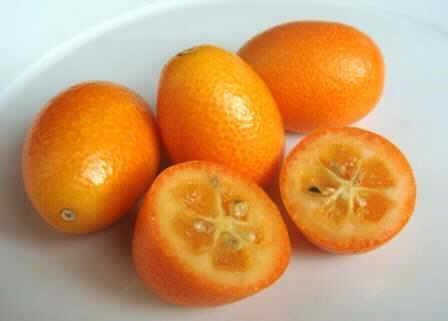 Image of kumquats
Image of kumquats
kumquats are small shrubs widespread for ornamental purposes. They belong to the same family as the orange or lemon, but, in the kumquat, the fruits are eaten whole (with skin). The flavor of kumquats is slightly different from other citrus, it is more acidic and spicy (due to the richness in essential oils of the skin).
The fruit contains pectin fiber, vitamin C and essential oils rich in limonene (especially in the skin), which is with attributed with antidiabetic, antibiotic, expectorant, anti-inflammatory and soothing properties. Among its medicinal properties we can point out:
Internal use preparations with kumquats for respiratory diseases
A kumquat, because it contains pectin, vitamin C and essential oils, it has antitussive, anti-inflammatory and antibacterial properties that make it very suitable for treating respiratory conditions:
- Sore throat: In Vietnam, a syrup made with kumquats is a remedy for sore throat for children. Pectin helps smooth airway relieving sore throat and pharyngitis. The skin has expectorant and antibiotic properties (essential oils) that help remove mucus and prevent infection. (Take the fruits with skin. Syrup: 1kg. Kumquats, 1kg. Sugar, 2 liters of water, grated ginger (juice), 20ml. Lime juice).
- Bronchitis: kumquats properties are suitable for treating bronchitis. It helps expel secretions, reduces pharyngitis and soothes irritated throat. The essential oils have muscle relaxants that can relieve chest and coughing (Take the whole fruit with skin. Infusion of a teaspoon of dried leaves in 1 cup of water, three times a day. Combine with expectorants such as eucalyptus or mint).
- Asthma: Vitamin C has antihistamine properties suitable for treating allergies, asthma attacks and other allergic symptoms such as sneezing and mucus. (Take the whole fruit with skin. Infusion of a teaspoon of dried leaves in 1 cup of water, three times a day. Combine with expectorants such as eucalyptus or mint).
- Diseases of winter: This fruit is very suitable to prevent colds, flu and infections. Kumquats contain phenolic compounds with antibacterial action that may help to treat infections. Vitamin C helps fight infections and increases immunity. In addition, vitamin C helps build brain neurotransmitters and help against seasonal depression. (Take the whole fruit, skin on)
- Bad breath: Its antiseptic properties are an excellent remedy for treating halitosis, as it fights the bacteria that cause bad breath.
Kumquat for cardiovascular System
Kumquats, being the only citrus fruit that are consumed with the skin, that is rich in essential oils, provide all the benefits of flavonoids .
Flavonoids contained in the skin are more abundant that in juice because flavonoids do not dissolve in the liquid and are more assimilable.
Kumquats juice is rich in vitamin C. These components provide appropriate properties for people with cardiovascular system anomalies such as:
- Poor circulation: Scientific studies have shown that the skin of kumquat has components with antihypertensive properties (to help treat hypertension), with antioxidants and components to promote circulation. Antioxidants help maintain the strength and elasticity of blood vessels and prevent blood clots.
- Cholesterol: One study showed how flavonoids in the skin of kumquats reduced bad cholesterol in mice and increased good cholesterol levels. These results suggest that taking kumquats in the diet for the heart protects against bad cholesterol and reduces the risk of cardiovascular disease.
Kumquat, a good fruit for diabetes
Kumquat is considered a suitable food for diabetes. kumquat flavonoids, which are found mainly in the skin of this fruit, have antidiabetic properties.
This is demonstrated in a study that was daily administered to diabetic rats.
The results showed that mice fed with kumquat reduced their blood sugar levels. Kumquats also help prevent complications for diabetic patients as cataracts, glaucoma and hypertension.
Kumquat leaves tea as a sedative remedy
Kumquat can be considered a tranquilizer remedy. Kumquat essential oil is rich in limonene, with sedative and tranquilizing properties.
The tea leaves are used to treat upset stomach and cramps of nervous origin. (Infusion of a teaspoon of dried leaves three times a day or take the fruit in the diet)
| CLASSIFICATION OF KUMQUAT | |
| Kingdom | Plantae – Plants |
| Subkingdom | Tracheobionta Vascular plants |
| Superdivision | Spermatophyta Seed plants |
| Division | Magnoliophyta Flower plants |
| Class | Magnoliopsida Dicotyledonous |
| Order | Sapindales |
| Family | Rutaceae |
| Subfamily | Citroideae |
| Tribe | Citreae |
| Gender | Fortunella |
| Species | Fortunella spp. |
![]() More information on kumquat.
More information on kumquat.

